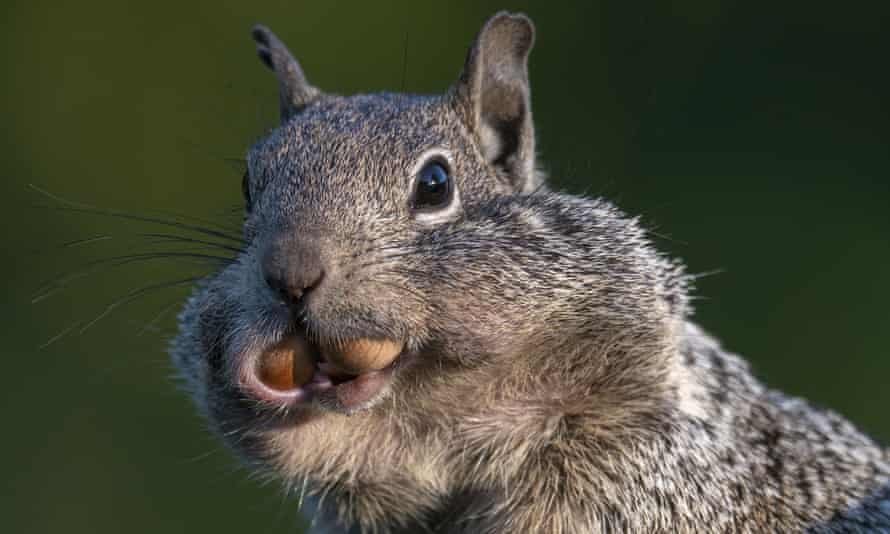Do Ground Squirrels have any personality traits? Do humans are the only animals that reflect different personality traits? Aggressiveness, laziness, boldness, meanness, etc are the behavior that you can only observe in humans. If you agree, then let me tell you it’s not like what you think. Many studies prove that a wide variety of animals show individual traits.
A recent study published in the journal Animal Behavior documented personality traits for the first time in Gold-Mantled Ground Squirrels (Callospermophilus lateralis) that are similar to humans. According to a scientist, UC Davis ground squirrels showed four key personality traits, including aggressiveness, boldness, activity level, and sociability.
Some other ground-dwelling squirrels like yellow-bellied marmots (Marmota Flaviventer), Siberian chipmunks (Tamias sibiricus), and Belding gophers (Urocitellus beldingi) also mimic specific traits.
Experts believe that personality traits help us to discover how animals respond to a particular space or habitat. Therefore, we can take necessary action plans for wildlife conservation based on that.
“This adds to the small but growing number of studies showing that individuals matter,” says wildlife ecologist Jaclyn Aliperti from the University of California, Davis, and the study’s lead author.
“Accounting for personality in wildlife management may be especially important when predicting wildlife responses to new conditions, such as changes or destruction of habitat due to human activity.”
The identification of personality traits among various animals requires a great deal of data to be collected. And while talking to ScienceAlert Aliperti tells:
“Personality is a subjective word that many can relate to, but in our field, you cannot constitute a behavior as a certain personality type without defining it and statistically showing that individuals consistently show that same behavior time and time again.”
However, scientists have been researching different methods that could help us to analyze animal personality traits. So, to study the squirrel traits four tests were conducted.
In the first test, ground squirrels are placed in a box having grid lines and holes. Then their response in this situation confirms the squirrel’s investigation tendency.

Secondly, ground squirrels were put up in front of a mirror to know if they react to another of their kind. It shed light on the squirrel’s sociability and aggressiveness.
In the third test, the researchers slowly approached the ground squirrels to know how long it took them to escape. It ascertains the shyness of the individual.
And finally, to monitor the ground squirrels’ calmness, they were put in a safe trap.
These experiments were conducted repeatedly over three summers in an individual to study them in a better way.
How does Ground squirrels behavior influence their space?
Researchers found that the individuals with the highest scores for all the four traits had more roosts, larger home ranges, and larger central zones. Results show that bolder squirrels venture into more risky areas and broaden their core areas while shyer restricts to safer places. Squirrels’ having an aggressive personality possess greater home ranges and larger central acres. Social squirrels on the other hand share home ranges. Scientists believe that this difference of traits in an individual has divided the species into new ranges.
However, we could not find an exploratory personality type among squirrels. But we can’t say that this type can never exist in squirrels. Because there is a possibility that other teats may prove this observation. So, we can never be sure about personality traits in particular.
“Animal personality is a hard science, but if it makes you relate to animals more, maybe people will be more interested in conserving them,” said Aliperti.
However, a little indeed goes a long way. So, we may hope that these small discoveries will spark an interest of the public in wildlife and will give birth to more splendid discoveries.
